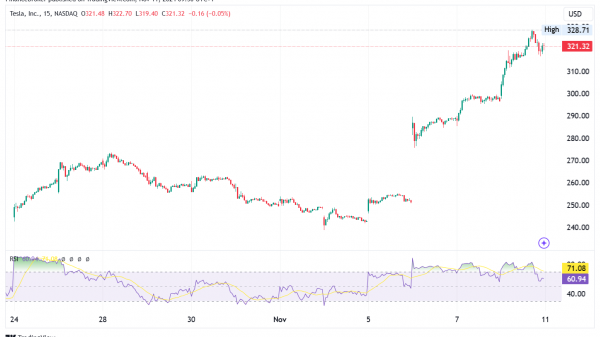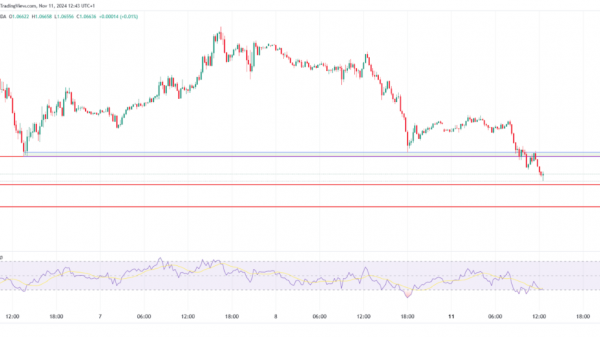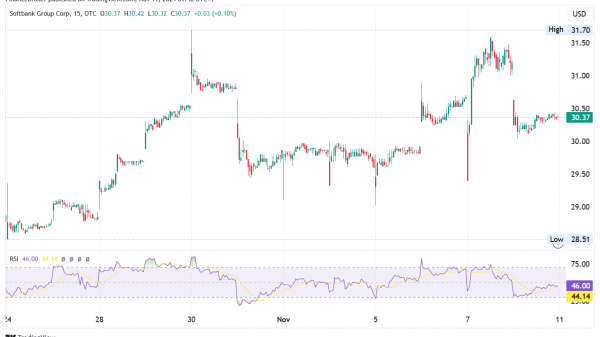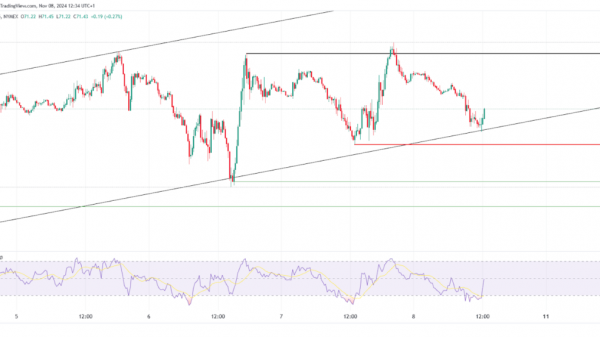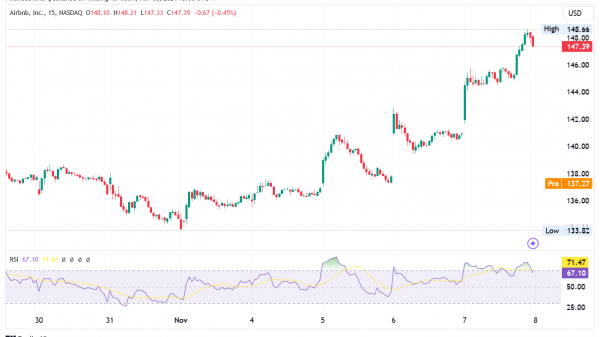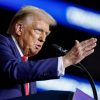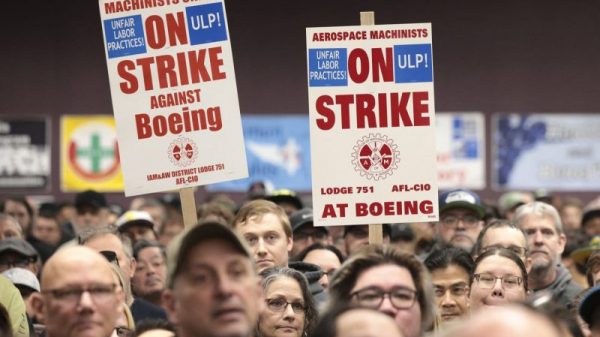Advisers close to President-elect Donald Trump have been in discussions with House Ways and Means Chair Jason Smith (R-Mo.) on a broad tax package that is partially paid for by tariffs approved by Congress, according to two people familiar with the conversations who declined to be named because of internal discussions.
As part of those conversations, staffers and advisers close to the Trump team have also investigated whether House rules need to be changed to use tariffs as offsets for tax cuts, those people say.
A Ways and Means Committee spokesperson declined to comment.
The discussions come as Republicans are gearing up to pass a massive tax bill, which would include $4.6 trillion of expiring Trump tax cuts and potentially several other tax proposals floated by Trump on the campaign trail. They include Trump’s ideas to remove “tax on tips” and eliminate taxes on Social Security, among many others.
Trump repeatedly pledged on the campaign trail to use tariffs to help pay for those tax cuts, and the conversations signal that congressional Republicans could be open to imposing tariffs on Trump’s behalf via legislation.
However, Congress has not raised tariffs through legislation in almost 100 years—through the Smoot-Hawley Tariff Act of 1930—and that has led to some confusion over how lawmakers should handle the issue as part of a broader tax package, the people said.
“We’re likely to see in a reconciliation bill … that’s raising revenue through tariffs on imports and taking that savings and using it to cut taxes and create incentives for domestic production,” said a person directly familiar with conversations between Trump’s advisers and Congress.
Reconciliation — a budget procedure only possible if Republicans sweep Congress —would allow Republicans to pass the tax cuts and tariffs without Democratic support and with only simple majorities in both chambers. But those rules and other House rules around bills that lose revenue can be exceedingly complex.
It’s very unlikely that tariffs could help pay for a significant portion of any tax cuts, though — despite Trump’s flirtation with the idea of using tariffs to completely eliminate the income tax. In fiscal year 2020, U.S. Customs collected $74.4 billion in tariffs, accounting for only roughly 2.2 percent of total federal revenue, according to the Congressional Research Service.
According to estimates by the Tax Foundation, the U.S. would need to implement an across-the-board tariff hike of 69.9 percent to completely replace income taxes.







